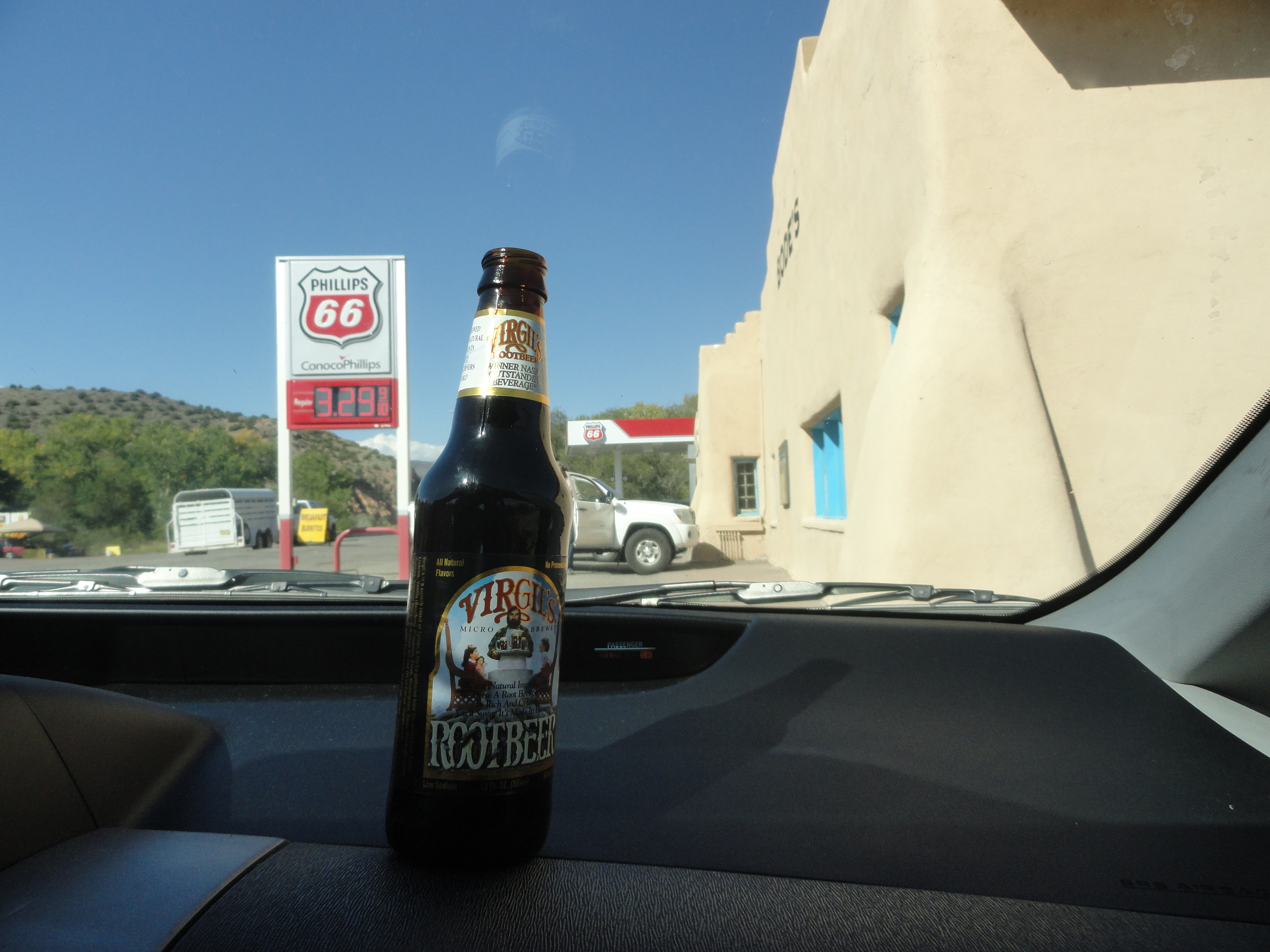When information is good, well-presented, profound or entertaining, be grateful!
image by Aaron Williams
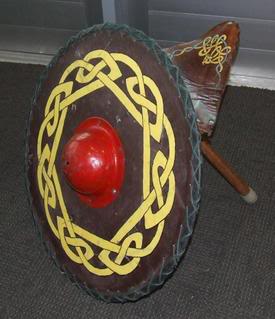
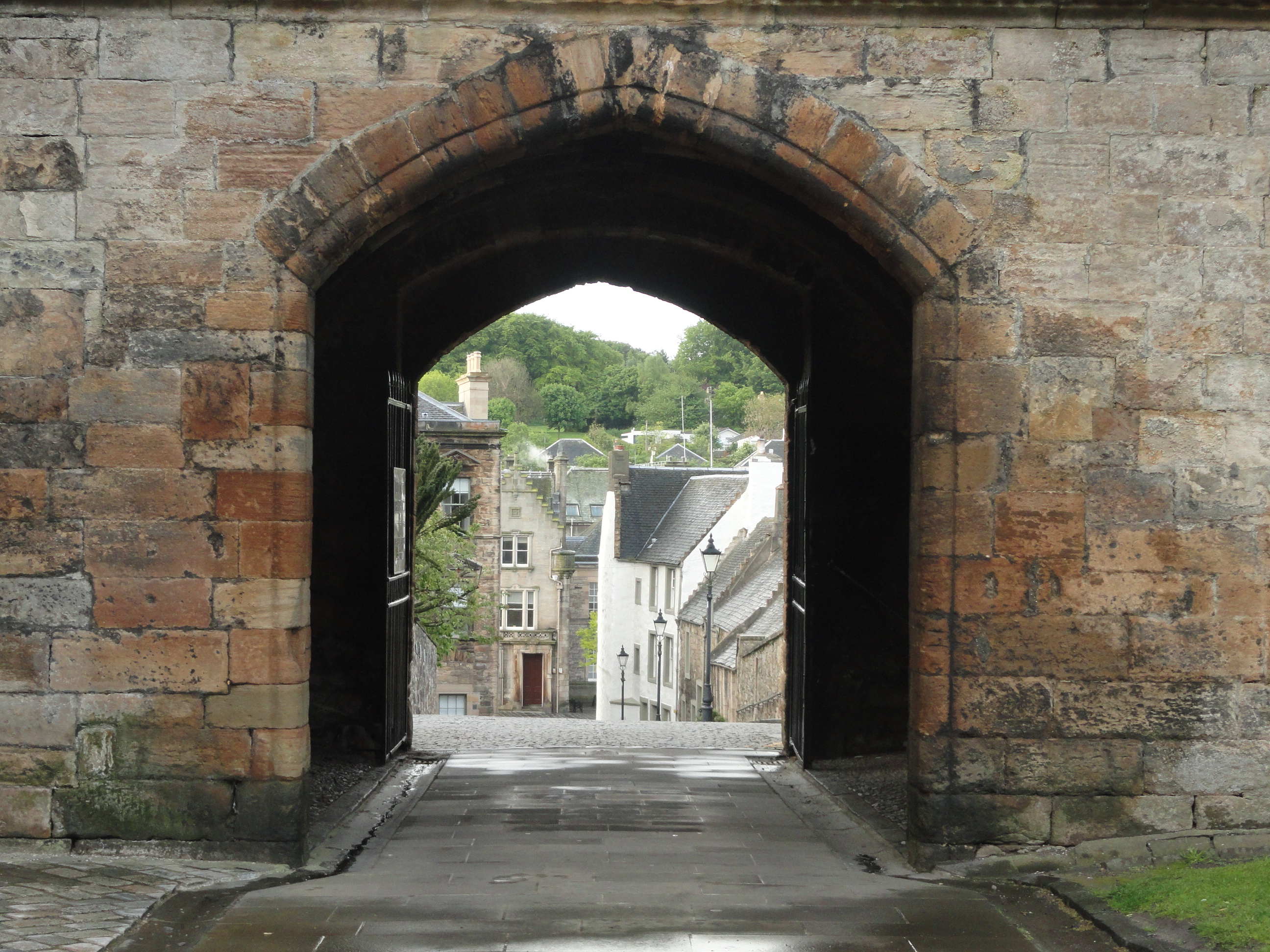
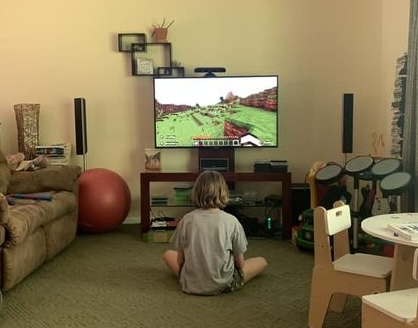

Play lightly with these ideas. There's no advantage to getting huffy or angry about it. Just see it as the reality it is. People learn. People change their minds. Knowledge grows. Evidence is reclassified. Language is alive. People who are alive are changing and learning. You can resist that or you can ride it with gusto.



 |



All around are stories and moments, props and scenes, entrances and exits. 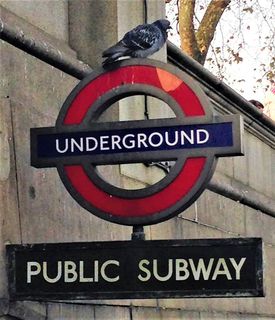 Take photos! Speculate. Philosophize. Jo took that photo on a continent other than where she lives, neither of which is where I live. Some few readers might be on yet a fourth continent, but will see this pigeon anyway. I don't think the pigeon and the tube are a good mix, and he will not ride that subway. |
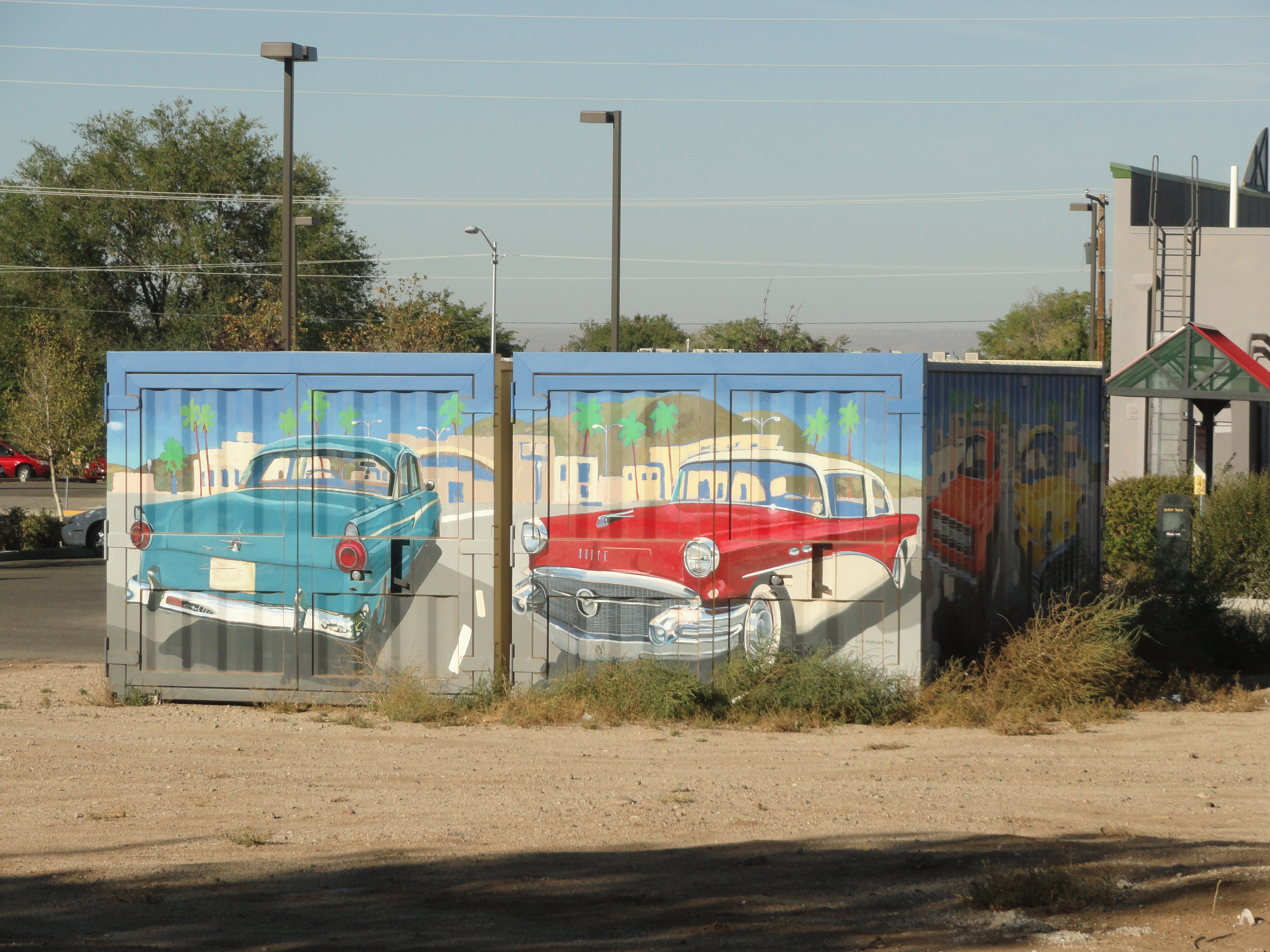
Don't miss this fun and easy opportunity to tie different "subjects" together by using a song as a jumping off place to many different discussions. If you need ideas, name a song here and see how many suggestions you can get for it!
2012:
What's above was written in 1993. Someone named "Blue Suede Shoes," thinking it wouldn't net much. I just wrote and wrote that day, and luckily I printed it out and saved it. The link below leads to my response, commentary and a video of Elvis doing another song, that leads to another song, and... you know.
